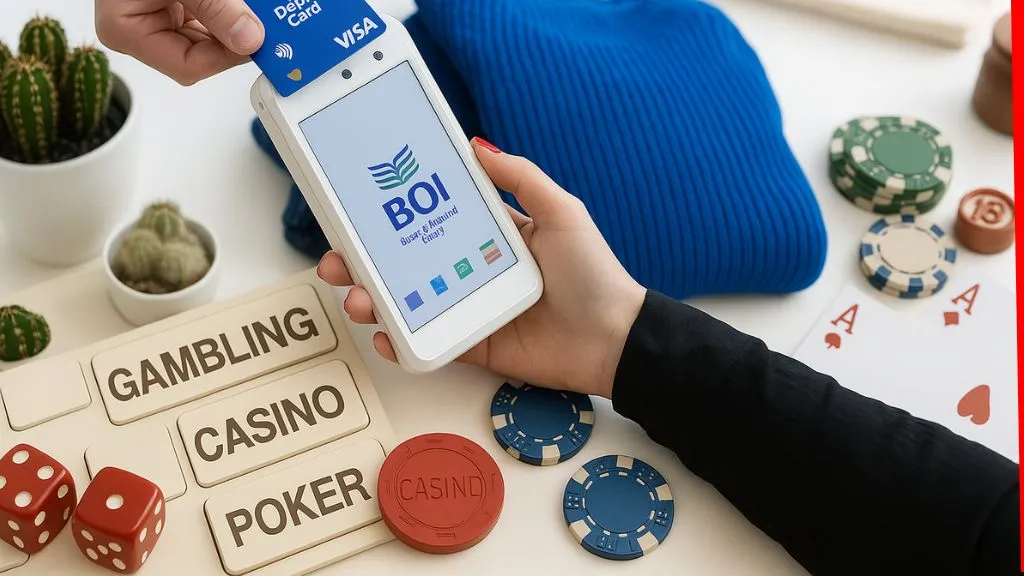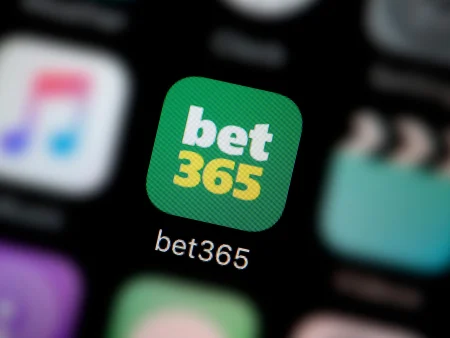The Bank of Ireland has introduced voluntary card-blocking tools targeted at curbing betting problem. This is in the middle of a surge in gambling amongst youth.

Allied Irish Banks, EBS, and Revolut shared the new feature. Customers can initiate it to restrict access to online casinos, slot machines, and lottery websites. Moreover, it blocks any payments made to gambling operators. Credit cards will be included in the coming months. The block can be requested for personal and business debit cards.
Aine McCleary, Bank of Ireland’s Chief Customer Officer, said the company designed the product. It aims to help customers take positive steps to improve control over their finances.
McCleary said that problem gambling can have a devastating effect not just on the person involved, but also on families, friends, and loved ones. For those with a gambling addiction, it can often seem like help is out of reach.
The GRAI or Gambling Regulatory Authority of Ireland, a new entity responsible for licensing as well as regulating gambling services in Ireland, expects other main banks to offer a similar feature in the future.
Gambling expenditures among customers aged 18 to 25 rose 19%. This increase occurred between January and March, according to newly released figures by the Bank of Ireland. This is in spite of a 2% drop in total card spending during the same period. Furthermore, 90% of gamblers placed their transactions online in the first quarter of this year.
Betting activity rose the most in the following counties: Wicklow at 37%, Kilkenny at 24%, and Limerick at 20%. Male bettors accounted for 71% of those wagers. In contrary to this, betting amongst those 65 and older fell 8%.
Popular sporting events like the Cheltenham Festival and the Six Nations are key drivers of this increase.
The new initiative has drawn support from gambling organizations like GamblingCare.ie.


